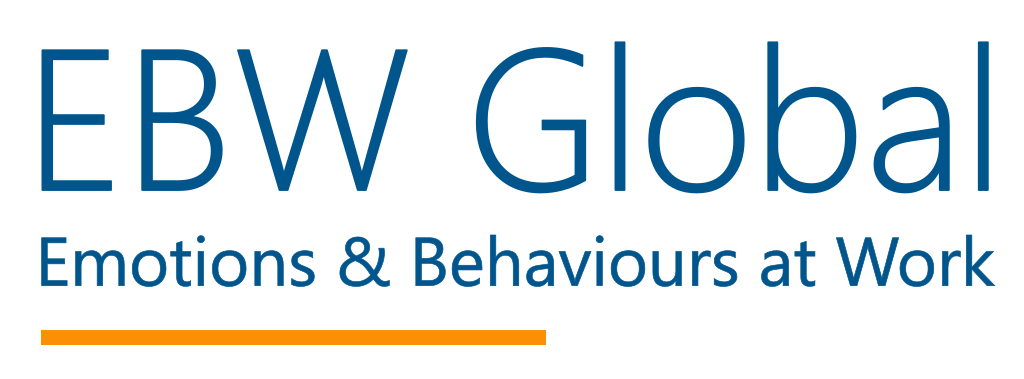Silent Empathy, Work Stress and the Wisdom of Winnie the Pooh
In a busy, complex, stressful world, Empathy is the glue that holds relationships together.
Whether you want to connect with your colleagues, customers or children - you need to master the art of empathetic communication.
“Empathy should be embedded into the entire organization,” writes Belinda Parmar in the Harvard Business Review. “There is nothing soft about it. It is a hard skill that should be required from the board-room to the shop floor.”
Everyone can develop Empathy
The good news is that humans are social beings and everyone has the capacity to develop empathy. It's a skill and like any skill, empathy can be cultivated through intentional effort.
However, most people think about Empathy as a conversation where they learn about other peoples' perspective. So instead of offering their opinion, empathetic people ask questions to better understand another person's perspective, like:
How do you feel about it?
Can you tell me more?
What do you mean?
What would be helpful?
What do you make of it?
How can we solve it?
Silent Empathy
But in truth, Empathy is more complex than that. It relies on a degree of Emotional Intelligence and in certain situations, a more a powerful approach can be to use "Silent Empathy".
Silent Empathy is a quick process to identify what the other person may need emotionally or physically in that moment.
It is a powerful tool that we explain how to use with the EBW Business EQ Reports, but the concept can be difficult to grasp and master.
Winnie the Pooh and Silent Empathy
Recently, Heather Dallas, an EBW Certified Business EQ Partner, shared with us in an email how she has been using a story from "Winnie the Pooh" to demonstrate the power of Silent Empathy with her clients.
Here’s the email:
Hi,
I ran two Emotional Intelligence workshops yesterday for EAs using the EBW Business EQ Reports. They loved it.
I read out this story when we talked about Silent Empathy from Winnie the Pooh. It really resonated also because they have a lot of stress i.e. difficult days:
Today was a difficult day said Pooh
There was a pause
Do you want to talk about it? Asked Piglet
No, said Pooh after a bit, No I don’t think I do
That’s okay said Piglet, and he came and sat beside his friend
What are you doing? Asked Pooh
Nothing really said Piglet, only I know what difficult days are like. I quite often don’t feel like talking about it on my difficult days either. But goodness, continued Piglet, difficult days are so much easier when you know you’ve got someone there for you. And I’ll always be there for you Pooh.
And as Pooh sat there, working through in his head his difficult day, while the solid, reliable Piglet sat next to him quietly swinging his little legs, he thought that his best friend had never been more right.
I hope you have a Piglet to sit beside you
Best regards,
Heather
If you like to know, how for the last 20 years Heather has provided high quality learning and development to organisations, teams and individuals worldwide using the EBW assessment and tools checkout Heather's Linkedin profile.
Discover How Business Emotional Intelligence Transforms Leaders and Teams
If you would you like your leaders and teams to improve their decisions and the way they work together, click a button below to see how investing in Business Emotional Intelligence can make a difference or find an EBW Certified Partner to help you.

